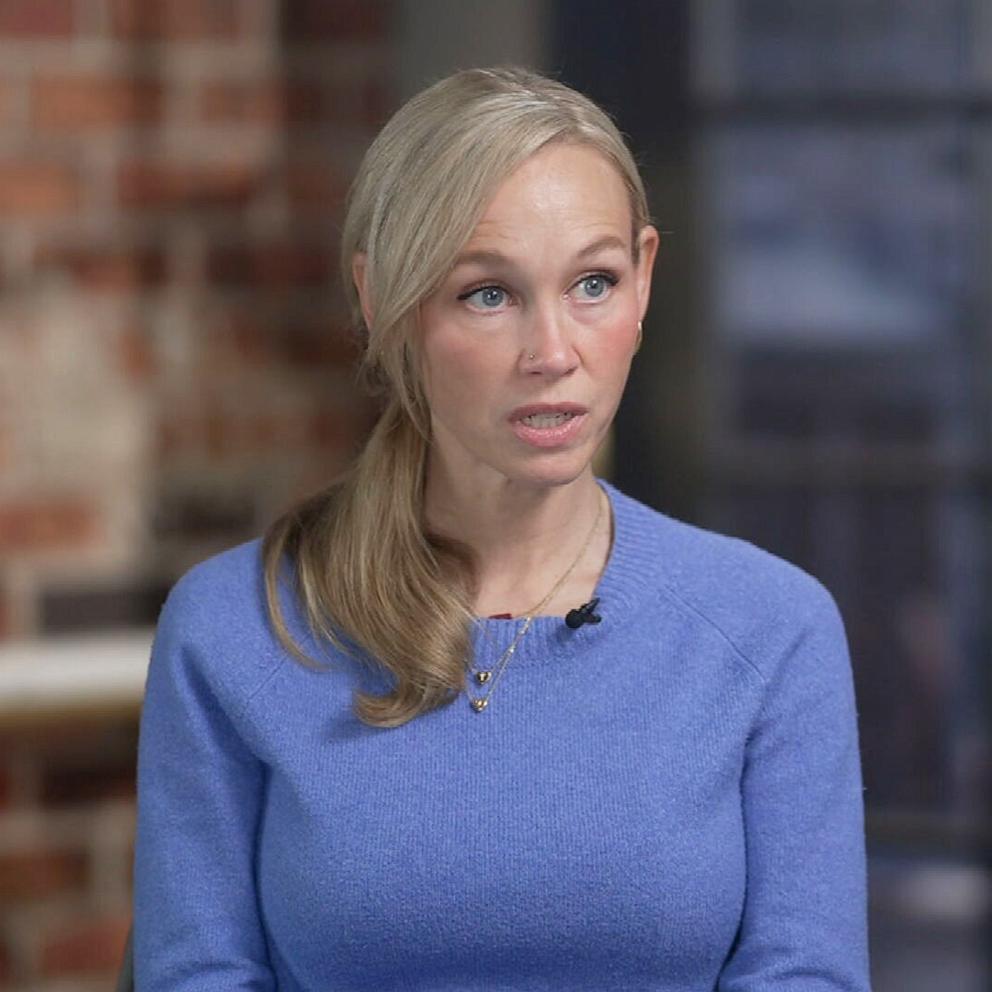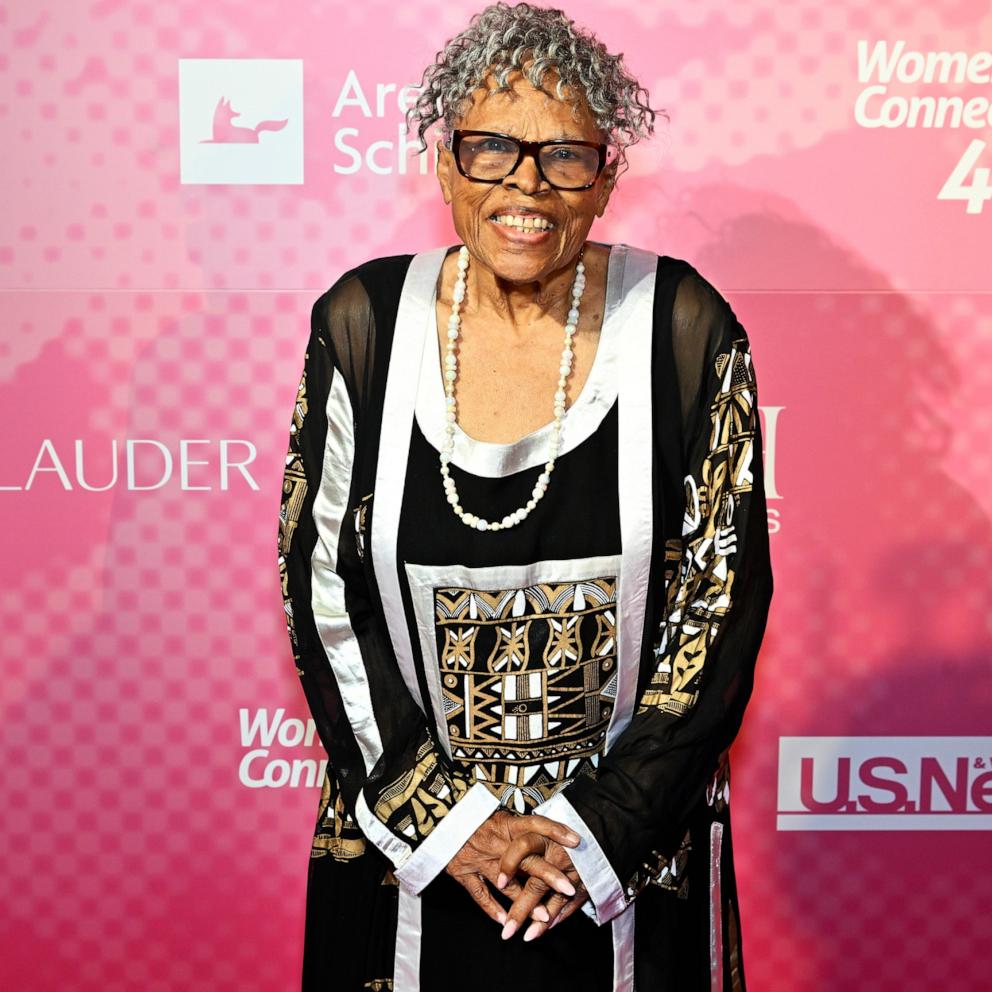COVID-19 vaccines are safe and effective for kids, according to new data
Two doses of the mRNA COVID-19 vaccine among school-aged children safely and effectively reduces COVID-19 infection risk as well as associated risks for developing multisystem inflammatory syndrome and COVID-19 related hospitalizations, new data suggests.
This study adds evidence to existing studies and "supports the safety and efficacy of mRNA COVID-19 vaccine in children aged 5-11 years," authors Dr. Jun Yasuhara of the Center for Cardiovascular Research at Nationwide Children's Hospital and Dr. Toshiki Kuno of the Division of Cardiology at Montefiore Medical Center told ABC News.
Researchers at Nationwide Children’s Hospital and Montefiore Medical Center analyzed rates of COVID-19 infection, symptom severity and vaccine side effects among 10,935,541 vaccinated children aged 5 to 11 years compared to 2,635,251 unvaccinated children.
They found vaccinated children had lower rates of infection and less severe symptoms if they did end up infected. Severe reactions to the shot were rare and any local injection irritation went away after several days. The low rates of severe side effects should be reassuring for parents and guardians worried about adverse events following vaccination, according to the study's authors.
The study also found only a small increase in risk for kids to develop inflammation of the heart (myocarditis) after COVID-19 vaccination. It found that there are 1.8 cases of myocarditis per million children who get two doses of the vaccine, a comparable or slightly higher rate than in children diagnosed with myocarditis before the COVID-19 pandemic.
But the risk of myocarditis after getting sick with COVID-19 is far higher than after getting the vaccine, according to Kuno and Yasuhara. Furthermore, kids are less likely to survive if they get COVID-19-related multisystem inflammatory syndrome, a rare condition associated with the virus, compared to those who developed myocarditis after mRNA vaccination.
Despite the vaccine’s safety, too few children are getting vaccinated. A report from the Centers for Disease Control and Prevention released in January found overall low rates of vaccination coverage among children and adolescents between 5 and 17 years old. The report also revealed racial disparities in COVID-19 vaccination status for adolescents and children. Vaccination coverage among Black children aged 5-11 years was lower than that among Hispanic, Asian and other minority children.
In another study, only one in five parents of school-aged children said their child either received the updated COVID-19 booster or will definitely be doing so, while 9% reported their child will probably receive a booster. This is in contrast to the 61% of parents who stated their child remained unvaccinated and thus ineligible for the booster.

There are many reasons why parents are reluctant to get their kids vaccinated against COVID-19, according to Dr. Angela Myers of the Infectious Diseases Division Director at Children’s Mercy Kansas City in Kansas City, Missouri.
That includes a misconception that the vaccine is not effective because it doesn’t block all infections, Myers said. "Instead [it] protects against severe infection, hospitalization and death," she said.
Myers said parents should talk to their child’s pediatrician if they have questions about the vaccine.
"Despite vaccine hesitancy and sometimes refusal, the child’s primary care clinician is still the best place to get the best, most up-to-date, information," she said. "Pediatric clinicians want what’s best for all children and data has shown that they remain the most the most trusted source of information for parents making vaccine decisions."
Jennifer Miao, MD, is a fellow physician in cardiology at Yale School of Medicine/Yale New Haven Hospital and a member of the ABC News Medical Unit.




